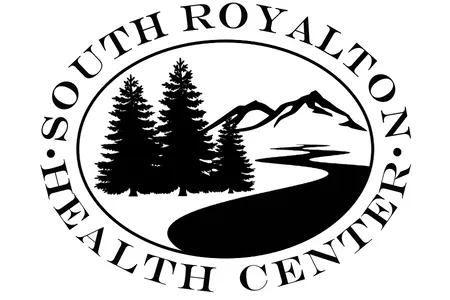Some parents may not be comfortable talking with their children about sex and sexuality. However, if children aren’t getting the facts about sex and sexuality from their parents, they could be getting incorrect information from their friends or the media. Here is information from the American Academy
Read More
-
Talking With Your Young Child About Sex
Category: safety_and_prevention
-
Tattooing and Body Piercing
Category: safety_and_prevention
Teens get tattoos or body parts pierced for different reasons. Most teens get a tattoo or body piercing because they like the way it looks or to express themselves. Some get a tattoo or piercing to feel like part of a group. In some states and cities, you need to be 18 or have a parent's permission to
Read More -
The Child as a Passenger on an Adult's Bicycle
Category: safety_and_prevention
A young passenger on an adult's bike makes the bike unstable and increases the braking time.
Read More -
The Medical Home for Children With Autism Spectrum Disorder—Autism Toolkit
Category: safety_and_prevention
Parents, pediatricians, and other health care professionals are encouraged to work together so that all of the needs of children and youths are met. This partnership is at the core of what the American Academy of Pediatrics (AAP) calls a medical home. The medical home is not a physical place but rather
Read More -
Tips for Getting Your Children to Wear Bicycle Helmets
Category: safety_and_prevention
Have your children wear helmets as soon as they start to ride tricycles and if they are a passenger on the back of an adult's bike. If they learn to wear helmets whenever they ride tricycles and bikes, it becomes a habit for a lifetime. It's never too late, however, to get your children into helmets.
Read More -
Trampolines: What You Need to Know
Category: safety_and_prevention
If you choose to have a home trampoline, the AAP recommends the following safety precautions: adult supervision at all times, only one jumper on the trampoline at a time, and no somersaults should be performed. Also, trampolines should have adequate protective padding that is in good condition and appropriately
Read More -
Using Liquid Medicines
Category: safety_and_prevention
Many children’s medicines come in liquid form. Liquid medicines are easier to swallow than pills. But they must be used the right way.
Read More -
Using Over-the-Counter Medicines with Your Child
Category: safety_and_prevention
“Over-the-counter” (OTC) means you can buy the medicine without a doctor's prescription. This doesn’t mean that OTCs are harmless. Like prescription medicines, OTCs can be dangerous if not taken the right way. Talk with your child's doctor before giving your child any medicine, especially the first
Read More -
Wandering Off (Elopement)—Autism Toolkit
Category: safety_and_prevention
Research shows that about 1 in 3 young children with ASD has tried to wander off. This behavior may continue to happen in older children and even teenagers and adults with ASD. This is concerning since many people with ASD may not be able to share their names, addresses, or phone numbers if they get
Read More -
Water Safety for Your School-aged Child
Category: safety_and_prevention
Swimming and playing in water can give your child much pleasure and good exercise. But you must take steps to prevent your child from drowning.
Read More -
When Your Child Needs Emergency Medical Services
Category: safety_and_prevention
It is rare for children to become seriously ill with no warning. Depending on your child's symptoms, you usually should contact your child's pediatrician for advice. Early recognition and treatment of symptoms can prevent an illness or injury from getting worse or turning into an emergency.
Read More -
Your Baby's First Steps
Category: newborns_infants_and_toddlers
Here is information from the American Academy of Pediatrics to help prepare you for your baby’s first steps.
Read More -
Your Child and Medications—Autism Toolkit
Category: safety_and_prevention
While medications will not change your child’s autism spectrum disorder (ASD), they can be helpful when added to other treatments to help your child’s development and learning.
Read More -
Your Child and the Environment
Category: newborns_infants_and_toddlers
Environmental dangers are everywhere. Most of these dangers are more harmful to children than adults. However, there are things you can do to reduce your child's contact with them. Read more to learn about how to protect your family from environmental dangers.
Read More
